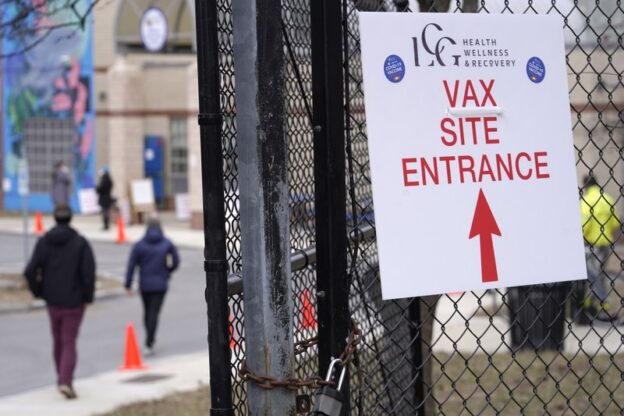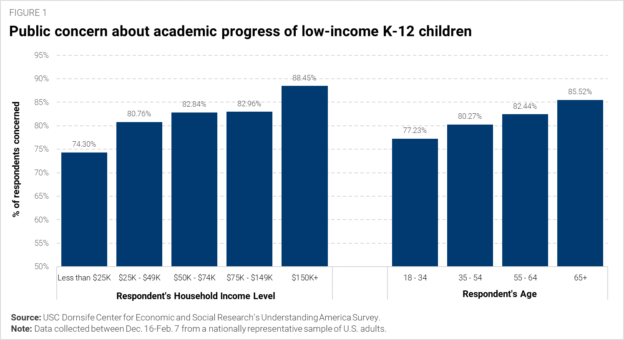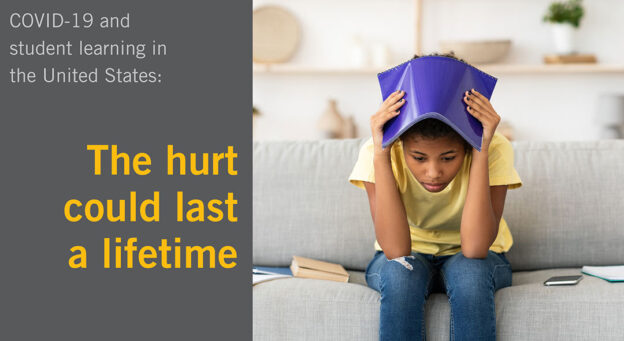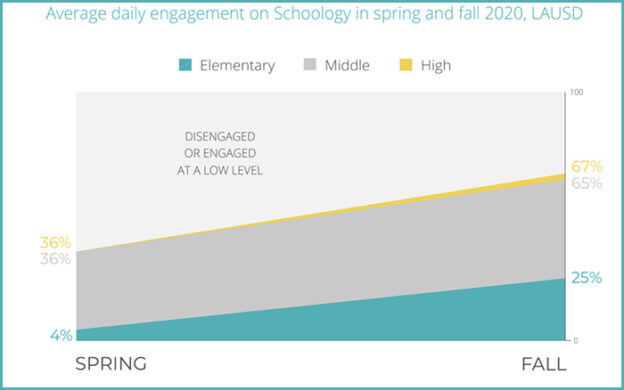The AP posted a story yesterday that should be interesting for any of our data-centric friends… Despite the surge in COVID-19 cases among Massachusetts teachers and students, there’s no indication that school buildings are where those cases are being transmitted.
According to Russell Johnston, senior associate commissioner at the Massachusetts Department of Elementary and Secondary Education (DESE), the majority of those cases are being transmitted outside of school, at family events, sporting events, and after-school activities
According to Medscape (free with registration), this is at least somewhat corroborated by findings from Michigan this winter that tracked coronavirus cases back to winter sporting events, and in particular youth atheletes gathering after those events.





